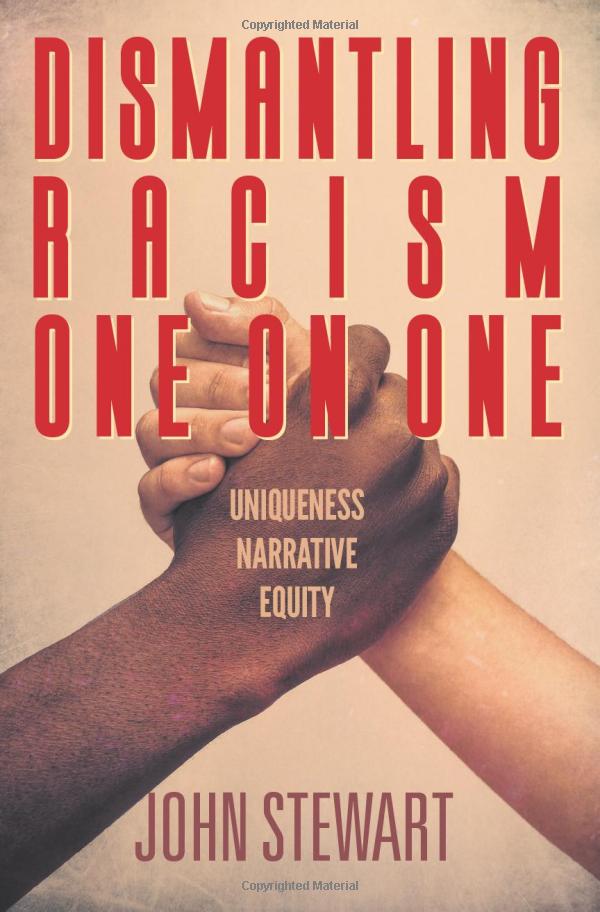
Most of us have only a vague sense of what Quality of Life (QL) means. Wealth? Health? Leisure time? Fame? It seems obvious that a homeless person’s QL is lower than Donald Trump’s. Whitney Houston’s was tragically lower than Michelle Obama’s.
But even these examples show that there’s more to QL than you might think. A homeless person with close friends, a steady job at the Rescue Mission, and a strong spiritual life might be better off on the QL scale than a billionaire with low self-esteem whose life is filled with people trying to get some of his money.
If you want to consider the QL question seriously, ask yourself what questions are likely to arise when you’re on your death-bed. When it really matters, people think about what kind of parent they’ve been, what kind of spouse, sibling, helper, or teacher. How well did I support my children, express gratitude to my friends, guide the people I worked with, give and receive love?
These questions reflect what it means to a human being. First and foremost, humans are social beings, which means that we become who we are in our relationships with others. The ultimate measure of our Quality of Life is the quality of our relationships. Abusive, toxic, manipulative, disconnected, and violent relationships create impoverished lives. Supportive, challenging, nurturing, reflective, and loving relationships create full and rich lives.
And what makes relationships toxic or nurturing, violent or loving? Communication. The verbal and nonverbal ways we listen and talk. There’s a direct relationship between the quality of your communication and the quality of your life.
This is not airy-fairy daydreaming or fuzzy idealism. You can affect the quality of the everyday communication you experience. The main goal of this website and its companion, momentsofmeeting.com is to show you how.


